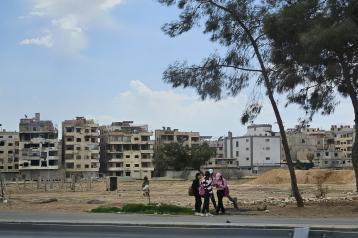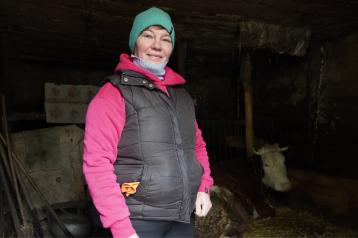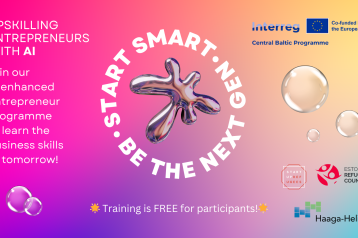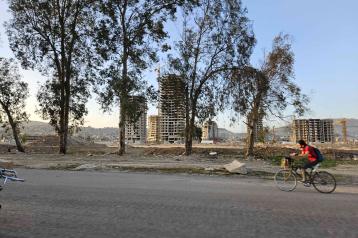Countries
In January, the initial stage of Estonian Refugee Council’s livelihoods programme concluded in Jordan. During this phase, ERC erected 20 hydroponic greenhouses to assist Syrian refugees and vulnerable locals. These greenhouses empower people to cultivate food for their own consumption using water-efficient methods or to market their produce, thereby increasing their income.
Jordan has hosted more than a million Syrians in the last decade, around half of whom have officially registered as refugees. Being a major host country, Jordan needs external assistance to address these challenges, while being one of the world’s most water-scarce territories.
“In our program, we established 20 greenhouses and provided comprehensive training to a hundred individuals, enabling them to proficiently employ hydroponic farming techniques within their households. Moreover, we equipped them with knowledge that can be effectively utilized in the job market,” explained Grete Karelsohn, the Livelihoods Programme Officer of ERC. She added that the hydroponic systems are based on smart technology, allowing for remote control of water and fertilizer levels even from Estonia if need be.
Hydroponics is an environmentally sustainable farming method that conserves water and nutrients, enabling robust yields even in water-scarce conditions.
Estonian Refugee Council has been active in Jordan since 2018. In 2022, we established the first four greenhouses near Ar-Ramtha in the northern part of Jordan, which will continue to provide work for vulnerable groups and is used as a training centre. The greenhouses grow strawberries, herbs, peas, flowers and more.
The programme is supported by ESTDEV – Estonian Centre for International Development.








